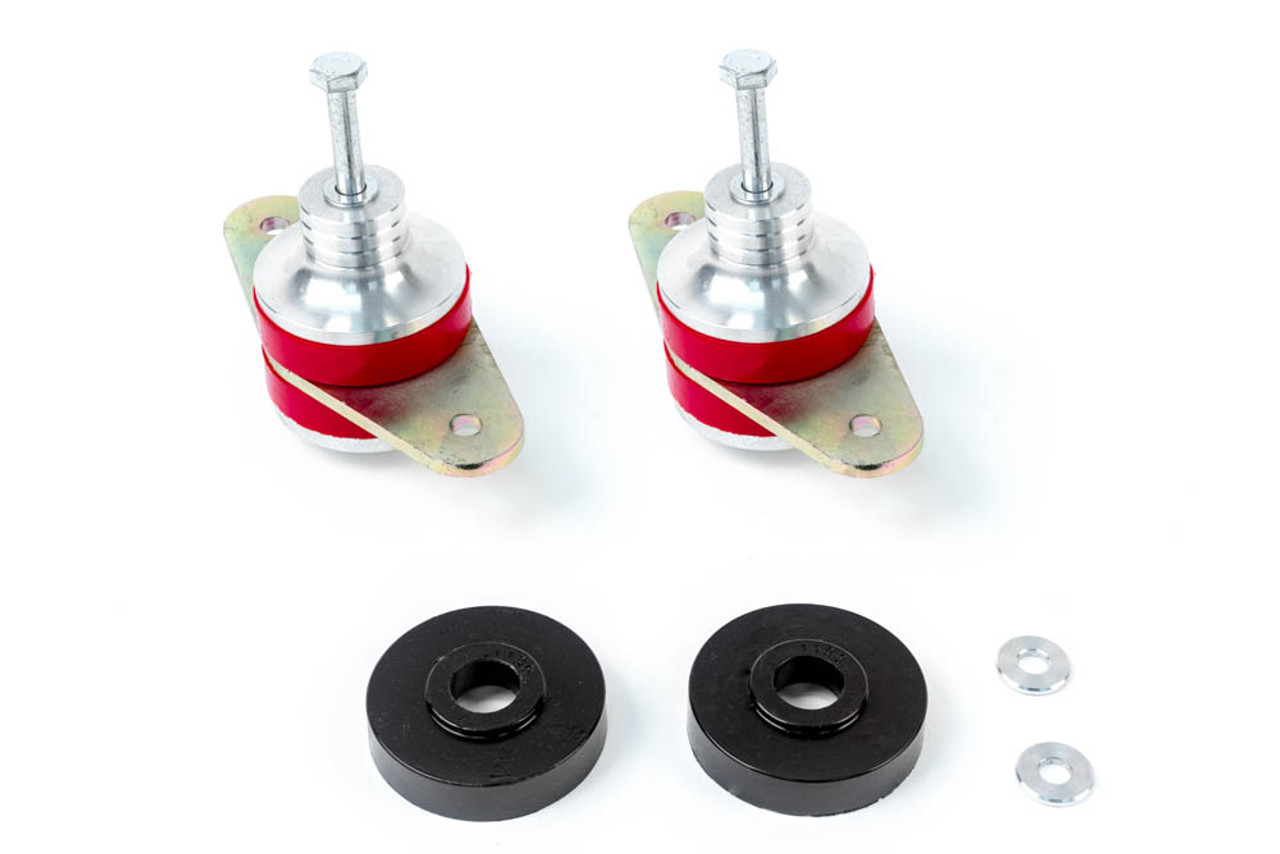Hydraulic Filter Maintenance Tips for Peak Performance

Hydraulic systems are the driving force behind many types of heavy equipment, from excavators and loaders to backhoes and bulldozers. These machines rely on hydraulic fluid under pressure to perform essential tasks such as lifting, digging, rotating, and pushing. But if that hydraulic fluid is contaminated, it can spell disaster for your machine. That’s where a properly functioning Hydraulic Filter comes into play.
The hydraulic filter serves as the system’s first line of defense against harmful contaminants like dirt, metal particles, and moisture. Keeping it clean and effective is essential to ensure long-term equipment health. Choosing high-quality filters from trusted suppliers like Hydraulic Filter at AmoParts is the first step, but regular maintenance and smart usage are equally crucial.
In this article, we’ll dive into key maintenance tips, common mistakes to avoid, and how to maximize the life and performance of your hydraulic filters.
Why Maintaining Your Hydraulic Filter Is Non-Negotiable
Hydraulic systems work under immense pressure—often exceeding 3,000 PSI. Under such conditions, even microscopic contaminants can cause significant damage to precision components like valves, pumps, and cylinders.
Neglecting your hydraulic filter can lead to:
- Increased system wear
- Reduced operational efficiency
- Costly component damage
- Downtime and loss of productivity
Proper maintenance keeps your fluid clean, extends the life of internal components, and ensures your equipment runs smoothly with minimal interruptions.
Tip #1: Follow Manufacturer’s Replacement Intervals
Every machine manufacturer provides guidelines on how often to replace hydraulic filters. These intervals are usually based on hours of operation, system pressure, and the type of filter used.
🔧 General Rule of Thumb:
Most hydraulic filters should be inspected or replaced every 500–1,000 hours of operation, but heavy-use environments or older systems may require more frequent changes.
Pro Tip: Keep a logbook or use fleet management software to track usage and plan filter changes in advance.
Tip #2: Monitor Pressure Drop Across the Filter
One of the best indicators that your filter is clogged is an increase in pressure drop across the filter. Many machines have built-in gauges or electronic indicators for this.
When pressure drop exceeds the recommended level (often around 25 PSI), it means the filter is restricting flow and should be replaced immediately to avoid damage to the pump or other components.
If your equipment doesn’t have this feature, consider installing pressure differential indicators on return or pressure line filters.
Tip #3: Always Use the Right Filter for Your Machine
Using the wrong filter type can do more harm than good. A poorly matched filter can:
- Allow contaminants to pass through
- Restrict fluid flow
- Fail prematurely under high pressure
Before replacing your filter, check:
- Part numbers
- Micron rating (particle size the filter can trap)
- Flow rate capacity
- Compatibility with fluid type
Stick to OEM or trusted aftermarket options from reputable suppliers to ensure proper performance.
Tip #4: Don’t Forget the Suction and Return Line Filters
While pressure filters often get the most attention, suction and return line filters are equally important.
- Suction filters protect the pump from contaminants in the reservoir.
- Return filters clean the fluid before it returns to the tank.
Neglecting these filters can contaminate your entire hydraulic circuit, even if your pressure filter is clean.
Best Practice: Replace or clean all filters in the system during scheduled maintenance to ensure balanced filtration.
Tip #5: Clean the Reservoir and Change Hydraulic Fluid Periodically
Filters can only do so much if the hydraulic fluid itself is old or contaminated. Over time, hydraulic oil degrades, losing its ability to lubricate and carry heat.
Signs of degraded hydraulic fluid include:
- Dark color or burnt smell
- Cloudiness or presence of sludge
- Increased operating temperature
When changing the fluid, clean the reservoir thoroughly and replace the filters. This ensures a fresh, contaminant-free system restart.
Tip #6: Use Clean Tools and Store Filters Properly
Contamination can occur before the filter is even installed. Always store filters in their sealed packaging until use and keep them away from moisture and dirt.
When installing a new filter:
- Use clean gloves
- Wipe the filter head and mounting area
- Check for debris inside the filter port
- Never pre-fill filters unless the manufacturer recommends it
Even small lapses in cleanliness can introduce harmful particles into the system.
Tip #7: Inspect Removed Filters for Clues
Don’t just toss out your old filters—inspect them. A used hydraulic filter can tell you a lot about the health of your system. Look for:
- Unusual metal shavings (may signal pump wear)
- Excessive sludge (indicates fluid degradation)
- Water contamination (look for cloudy oil or rust stains)
If something seems off, take a sample of the fluid and send it for analysis. Catching issues early can prevent major failures later.
Tip #8: Train Operators and Technicians
Often, hydraulic system issues arise because operators or junior technicians aren’t familiar with warning signs or maintenance schedules. Providing basic training on filter indicators, pressure readings, and system cleanliness can greatly reduce errors.
Encourage your team to report odd noises, delayed responses, or overheating—all of which may signal filter or fluid issues.
Tip #9: Keep Spare Filters in Stock
Downtime is expensive. If a filter needs to be changed and none are available, your machine sits idle until one arrives. Always keep a few compatible filters in inventory—especially if your worksite is remote or if parts take days to ship.
Buying in bulk from reliable sources like AmoParts can save money and ensure you’re never caught off guard.
Final Thoughts: Protect Your Hydraulic System the Smart Way
A well-maintained Hydraulic Filter doesn’t just prevent breakdowns—it ensures your entire machine operates at peak performance. Clean hydraulic fluid equals longer-lasting components, better productivity, and reduced maintenance costs.
By staying on top of replacement schedules, monitoring performance indicators, and choosing the right filters from trusted brands, you give your equipment the protection it deserves.







